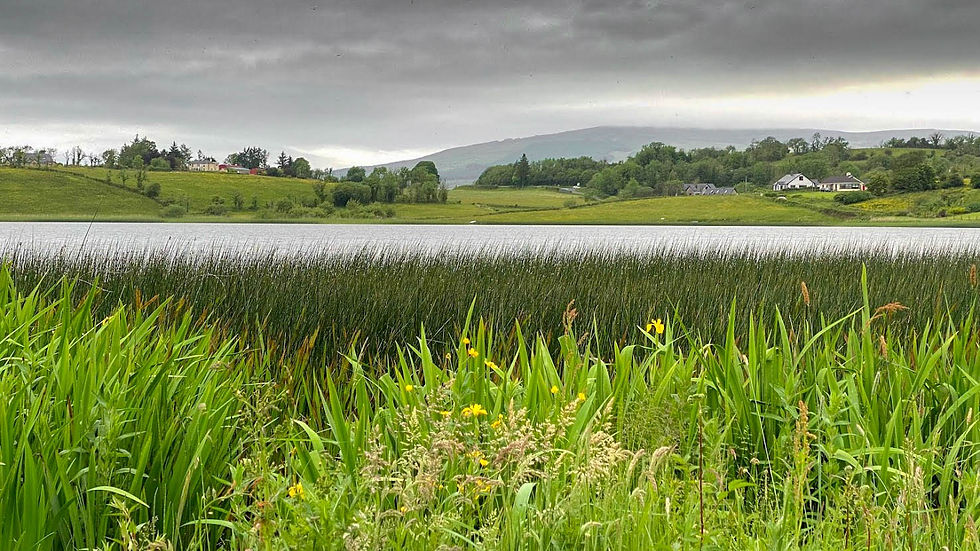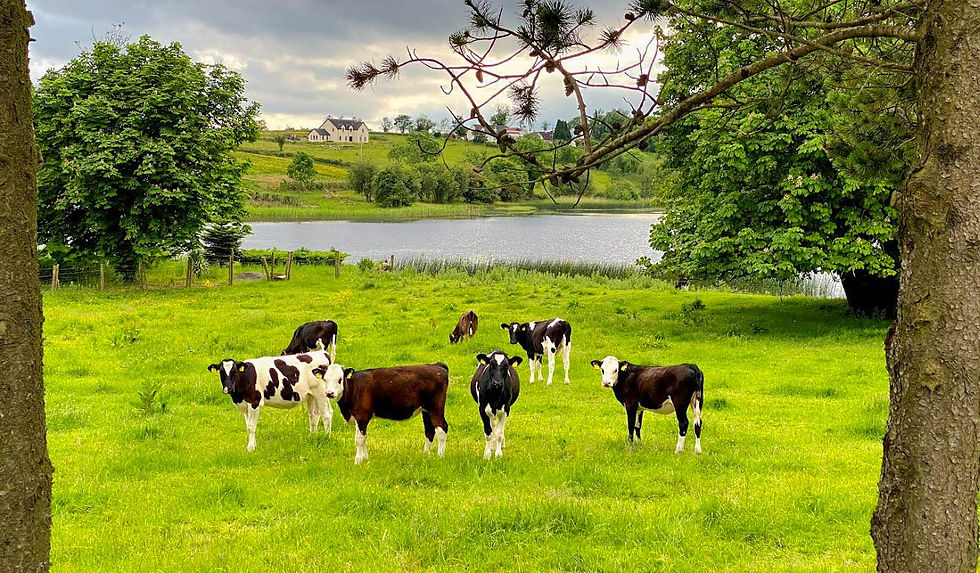“Landscape photography is the supreme test of the photographer – and often the supreme disappointment.”
― Ansel Adams
Learning photography is difficult.
Learning to do landscape photography well is particularly difficult as there is so much to master.
You might ask, “Why not just use your smartphone?”
Granted, the phone camera has taken a lot of the hard work out of photography, and for smartphone photographers the learning curve is not as steep as it is for those who want to use a DSLR or mirrorless camera.
But if you want to improve at photography it is still important to know the basic techniques required to capture decent images, and there are a lot of them.
Getting to grips with the basics
I started my learning from a low base so there was plenty to master. Aside from the well known exposure triangle of ISO, aperture and shutter speed, and all the learning that this entailed, there was also learning about camera settings, understanding the influence of light on our images, knowing which camera mode to choose in which setting, metering, which I still have difficulty understanding, and of course getting to know all about lenses.
Then there was the composition side of things; dealing with the numerous decisions and adjustments we have to make in order to try to capture that ‘perfect’ image.
In the field
At every location I spend time choosing the best lens, deciding which aperture to use, adjusting and re-adjusting the angle from which I shoot, looking for an interesting foreground, and dealing with a myriad of other considerations before I am finally happy with my shots.
And inevitably, I have arrived at beautiful locations, tried my best to capture the beauty of the place, and left disappointed that the beauty did not translate into good images.

This is one of my favourite places to visit, but my images don't do it justice.
That disappointment often led to frustration and a sense of pointlessness; to a feeling that I’ll never be a good photographer if I can’t even make a good image in an amazing location.
What changed?
It was after numerous outings like this, when I put away my camera for the umpteenth time and left my location with a feeling of despondency, that I came across a sentence that was to completely change the course of my photography.
I first heard this sentence in one of the early videos on a landscape photography course that was teaching me the basics of composition. Then I heard it again and it seemed to be repeated at the end of each video. After a lesson showing how to choose the best focal length for your landscape photos, or how to use framing to enhance your photos, or how to make use of leading lines, the photographer, Clifford Pickett, would say:
Before you leave the location, put away your camera and take in the scene.
Before you leave the location, put away your camera and take in the scene.
And these words have had a profound influence on my perspective since then.
I began to realise that beautiful locations had become just photography opportunities for me. I was often leaving these locations downhearted rather than uplifted by the beauty around me.
I was failing to see and appreciate what was an amazing visual feast because I was so focused on getting my shots.
I was failing to notice the way the evening mist covered the mountain top because the weather was dull and overcast and wouldn’t yield any good images.
I was missing the way light played in the trees, because I was too focused on the fact that it was too bright to get a good exposure.
I was missing how trees and houses and hills were reflected in the lake on a late summer evening because my attempts to capture the scene in an image were flat and uninteresting.

By concentrating my focus solely on the image I wanted to make, I often missed the beauty of the place
Then I heard that sentence.
And I began to make one change after each photo shoot.
Instead of putting my camera away and leaving the scene, I put my camera away and stayed.
I stayed just to ‘take in’ the scene.
These two words stood out for me in the sentence.
It wasn’t put away the camera and enjoy the scene.
What I was being urged to do, after the time I had spent manipulating the elements of the scene to give me a good image, was to ‘take in’ the scene around me; to observe, to be present, to really see before I left, and not to leave disappointed because my desire to capture a certain photo wasn’t realised.
And it was that action, based on that sentence, that changed my perspective on photography.
It has increased my gratitude for the beauty that I formerly took for granted.
It has given me a new appreciation of the natural world. I now take the time to see what is around me, to listen and hear the sounds of nature, to notice the small things like tiny flowers, unfamiliar grasses, unusual rock formations, busy insects or the gently moving clouds above me.
Putting down my camera and taking in the scene has allowed me to slow down, to take time for myself, to spend quality alone time rather than always rushing from one moment to the next, from one location to another one.
An added advantage of putting away the camera and taking in each scene for a while before leaving is that it helps you become generally more observant. Learning to be more observant will increase your chances of capturing more interesting shots, regardless of the type of photography you practise.

There is so much to see in every location. When you slow down you begin to appreciate all that is around you
Conclusion
Hearing and acting on this sentence has helped me slow down.
The benefits of taking time to slow down and appreciate what is around us rather than frantically moving from place to place has a beneficial effect on our photography.
But the benefits of slowing down extend beyond photography.
Most of us rush at breakneck speed, hardly taking a moment to notice what is around us.
By putting away the camera and taking in the scene, our perspective changes.
By slowing down and taking this time we will begin to live more fully in the moment and be part of the world around us.
So next time you are out taking photographs, before you leave the location put away your camera and take in the scene.
It will be worth it.



Comments